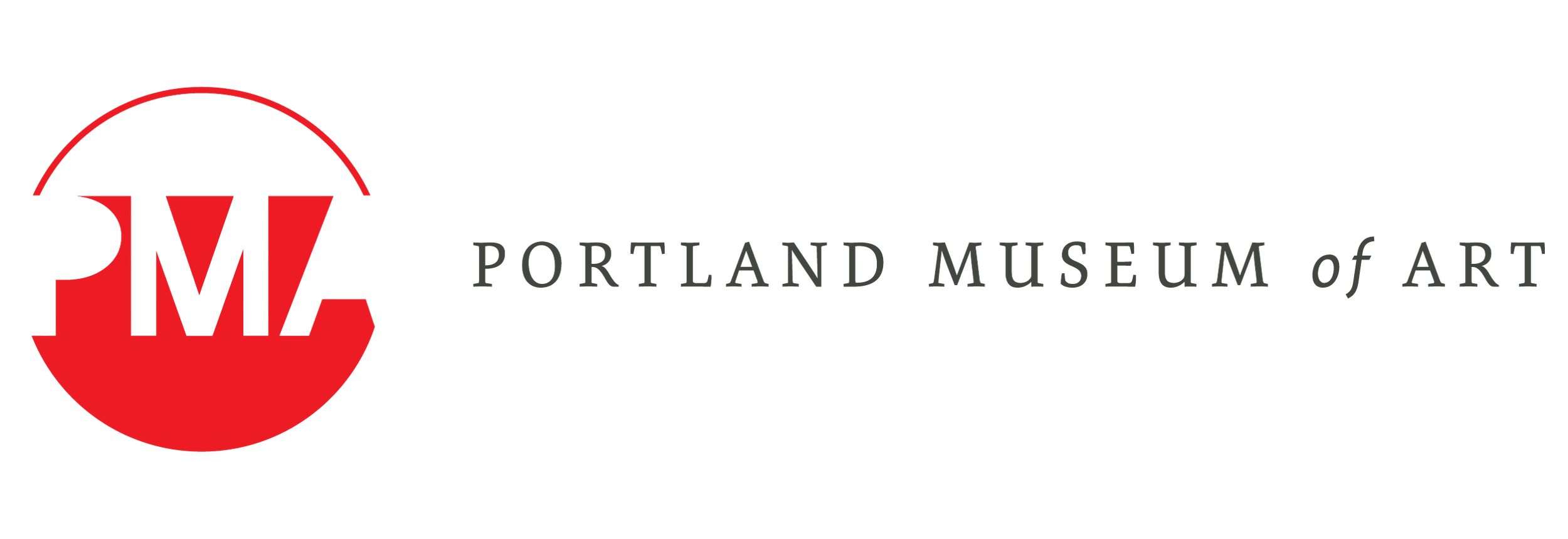Wabanaki Peoples and Water Rights
LEARN MORE ABOUT WABANAKI PEOPLES AND WATER RIGHTS
Akomawt Educational Initiative is run by educators connected around a passion for Native histories and cultures and our mutual concern about the persistence of myths, stereotypes, and misinformation about Native peoples that persists in public education and public history.
The Abbe Museum showcases the history and cultures of the Wabanaki through changing exhibitions, special events, teacher workshops, archaeology field schools, and workshops for children and adults.
The documentary film, Dawnland, by Upstander Project grapples with the history of child welfare authorities removing Native American children from their families and communities, and the subsequent Truth and Reconciliation Commission in Maine. The Dawnland Teacher's Guide and Dawnland Viewers Guide, aim to give viewers more historical context, primary sources, and questions for reflection and discussion.
The Hudson Museum's collections feature over 1700 objects that showcase Wabanaki material culture, including the largest institutional collection of Penobscot basketmaking tools in the nation.
First Light Learning Journey is a bridge between conservation organizations and Penobscot, Passamaquoddy, Maliseet, and Micmac Communities who seek to expand Wabanaki access and relationship to land.
Mi'kmaq-Wolastoqey Centre provides opportunities to all who want to learn the Mi’kmaq and Wolastoqey histories, cultures, contributions, and treaty rights through principles of respect, sharing, harmony, acceptance, and unity in diversity.
Nibezun resides on sacred Wabanaki land along the Penobscot River and celebrates culture as medicine, provides an inclusive space for healing, and promotes sustainability for all people and future generations.
The Native American Studies Program offers courses in the comparative study of the cultures, history, and contemporary life of the aboriginal peoples and nations of North America, with a focus on the Wabanaki tribes.
Native Land Digital strives to create and foster conversations about the history of colonialism, Indigenous ways of knowing, and settler-Indigenous relations through educational resources such as a map and a Territory Acknowledgement Guide.
Sunlight Media Collective is an organization of Indigenous and non-Indigenous media makers and activists, including Wabanaki tribal members, working to document and present stories affecting Wabanaki people and highlighting Wabanaki perspectives, with a particular emphasis on the intersection between environmental issues and tribal rights.
The Wabanaki Alliance was formed to educate people of Maine about the need for securing sovereignty of the tribes in Maine.
The Wabanaki Collection connects postsecondary educators, grade school teachers, and the general public with a variety of resources that support enhanced relationships between all the peoples of Eastern Canada and Northeastern United States.
Wabanaki Reach supports the self-determination of Wabanaki people through education, truth-telling, restorative justice, and restorative practices in Wabanaki and Maine communities.
The Wabanaki Studies Planning Guide for Educators is meant to help educators in the absence of an official state or district Wabanaki Studies curriculum.
Welcome Water Protectors shares stories and information about water protection. “We are water, and the same water which has been here on this earth is the same water forever. To live, we must have clean water. That’s life.”
Please email us with additional organizations that you feel should be included in this resource guide at LCC@portlandmuseum.org.
